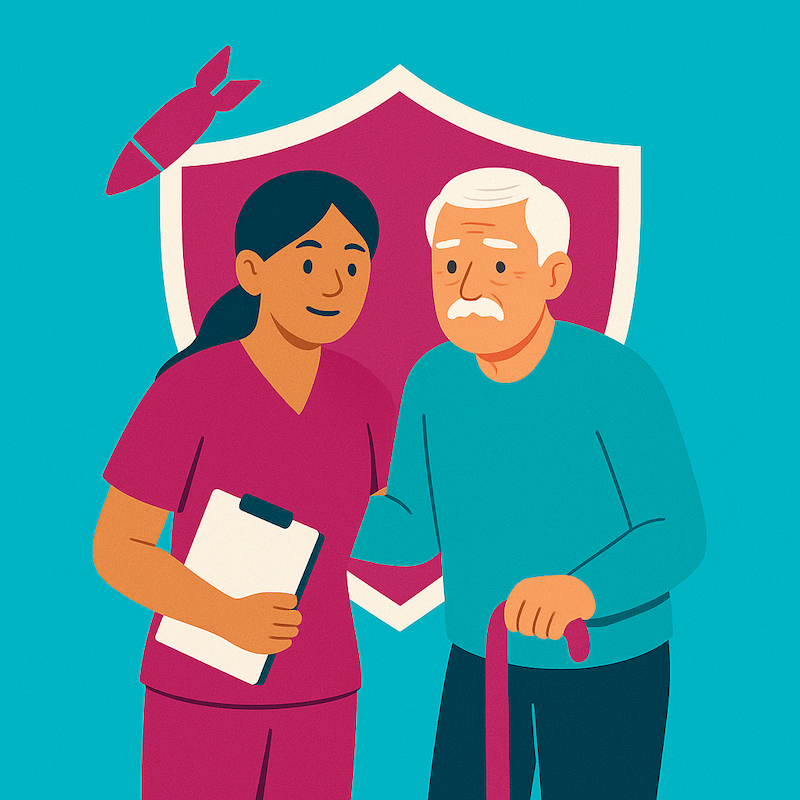5 Best Tips in Helping Control Bladder and Incontinence for Seniors with Dementia
iSavta | 12.11.2020
Controlling bladder and incontinence is a major problem for seniors especially with Dementia and Alzheimer’s. This may also refer to unintentional urination or urinary incontinence and unintentional bowel movements or fecal incontinence.

As caregivers, you also want to help make their lives easier and leave them with as much dignity, whether you are out in public or at home. About 60% to 70% of people with Alzheimer’s have developed incontinence.
But of course, due to aging and other ailments, incontinence might still be a problem. We came up with the best tips in helping control bladder and incontinence for seniors with dementia so you can also use these tips in your caregiving.
1. Exercise
For senior patients, make sure to increase their physical activity such as walking around the house rather than letting them just sleep or sit for long periods of time.
2. Maintain a Healthy Diet
Senior adults are prone to constipation and it makes matter worse. Make sure that their daily meals have enough fiber to avoid constipation.
Some beverages that may contribute to incontinence are coffee, tea, carbonated drinks, citrus fruits, and citrus juices. Other kinds of food that can also affect digestion are spicy foods, tomatoes and tomato-based products (sauces), chocolate, artificial sweeteners, salty snacks such as nuts and chips.
We are not staying to not let them have these but in moderation and with the right control, you can help them avoid incontinence and probably UTI and other problems.
3. Avoid Smoking and Drinking
If your senior is still drinking, let them understand that more alcohol and caffeine can both have a diuretic effect. Smoking also irritates the throat and may cause a lot of coughing which can contribute to leakage.
4. Drink lots of water and liquids
Help them stay hydrated throughout the day. There is an urge for someone with urinary incontinence to not drink water or any other beverage to control their bladder. But this can lead to more problems as your bladder tends to shrink if you are not hydrated enough. The best way to stay hydrated is to spread out your water consumption of 6-8 glasses of water throughout the day.
5. Check with your Doctors for Medication
Some of your senior patients may be needing some treatment for incontinence. Check with your doctors if they can be prescribed medications to answer recurring issues with incontinence.
What Causes Incontinence with Senior Patients with Dementia?
With Dementia, senior patients may not be able to recognize that urge to go to the bathroom and if they do recognize, they might forget what to do with it. They may also have a hard time remembering where the bathroom is or at the least, recognizing the bathroom.
Some patients may not be able to move on their own and need assistance. Some are also unable to go to the bathroom in time. And most might have problems communicating their situation.
With these, as a caregiver, you are a big part of helping your senior adult to avoid embarrassing situations like incontinence, even at home.











